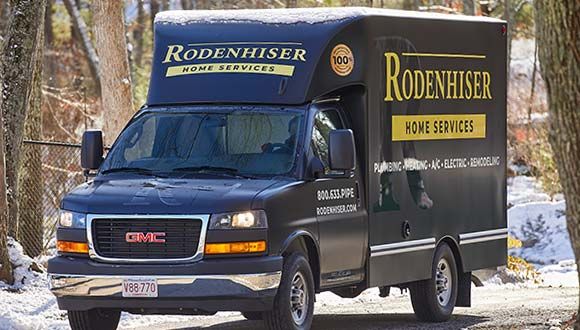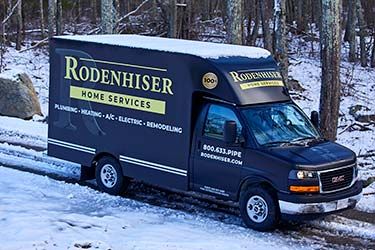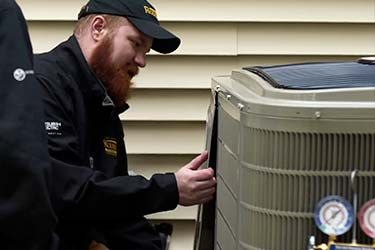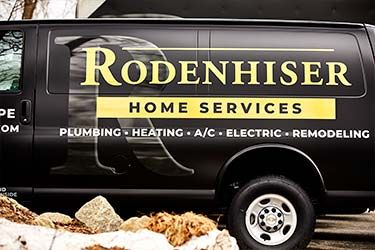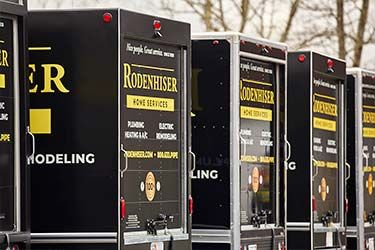
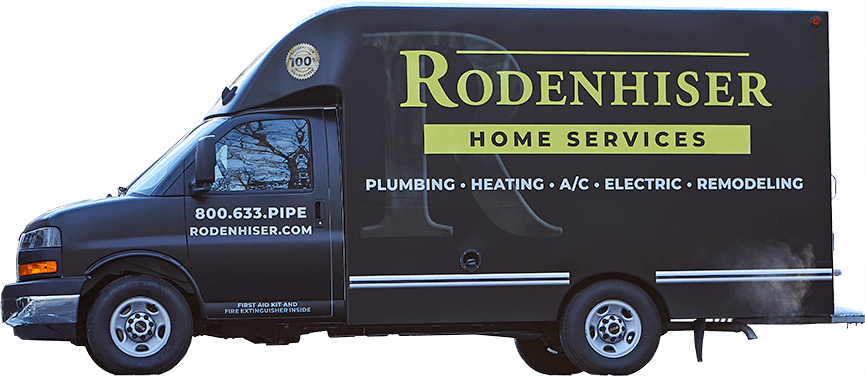
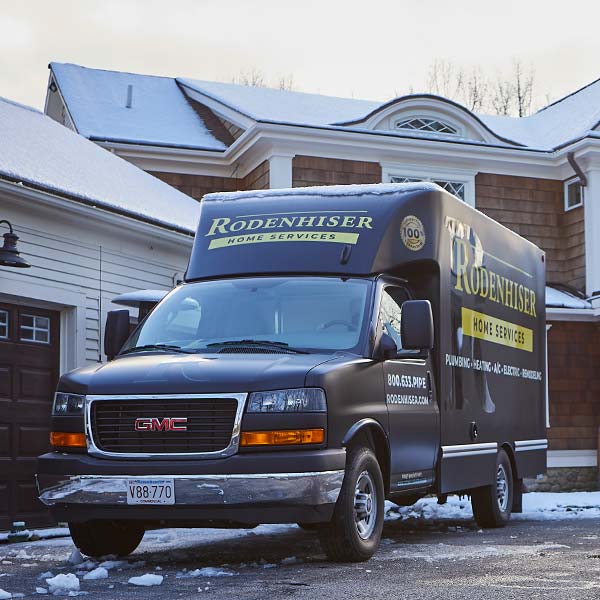

The goal to save energy in your home is a worthwhile one that will surely result in lower energy bills and a smaller carbon footprint. Here are a few steps you can to take to draw up a strategic energy-savings plan.
First, find out what parts of your home are consuming the most energy. A home energy audit is one way to accurately accomplish this task, though in most homes, heating and cooling consume the most energy. But you can reduce how much energy HVAC systems require by reducing your home's heating load, or the amount of heating and cooling your home requires. Here are a few primary ways to reduce that load:
Next, formulate a specific plan by answering these questions:
With these tips, you’re well on your way to a more energy-efficient home. For more information about building your energy-savings plan, or to get started implementing some of these tips, contact Rodenhiser Plumbing, Heating & Air Conditioning today.
Our goal is to help educate our customers about energy and home comfort issues (specific to HVAC systems). For more information about energy savings and other HVAC topics, download our free Home Comfort Solutions Guide.





Both Alex and Patrick were knowledgeable, courteous, and professional. They made a change that might have solved the recent problem and have structured a more complete solution. We agreed to this...
Mike was thorough, thoughtful and considerate. Covered their shoes before entering, surveyed my issue and provided an explanation of the services and costs. Great Job!
Alex did a great job providing an explanation of the services provided and went out of his way to offer assistance/advice on other issues outside of our scheduled maintenance visit.
Brian did an excellent job inspecting our 18-year old boiler and replacing some of the accessory hardware that needed it, he also adjusted the outgoing hot water settings for our radiators and...
Rodenhiser is my one stop shop!!! They take care of my HVAC, electrical, and plumbing issues & are always helpful addressing any questions I may have about the systems in my house! Everyone...
Chris G. and Nick V. showed up bright and early at 8am to fix my water heater issue. They were on time, polite and were able to fix an issue that has been plaguing my house for a good year. They...
When you are looking for plumbing, electrical, heating or air conditioning in the Route 495 / 128 area, you will be delighted that you called Massachusetts' trusted choice since 1928.
With a total dedication to professional workmanship and excellent service, discover why families and businesses continue to trust Rodenhiser after generations of service
